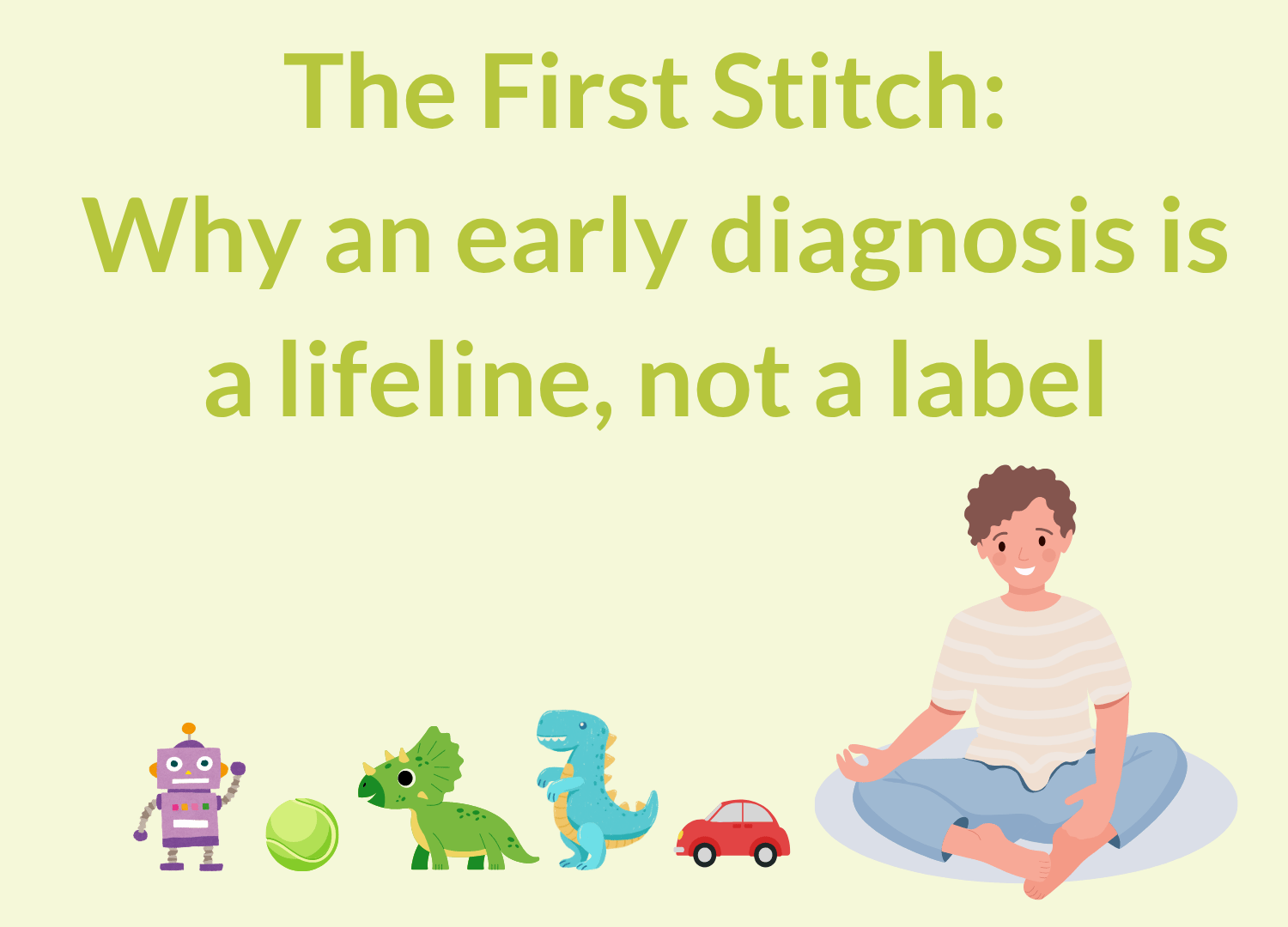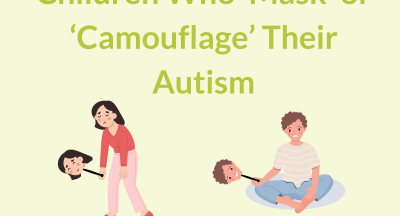
Last updated: 10th November 2025

This blog article is part one of a three-part series! – “Changing the Scissors: A Guide to Neuro-Inclusive Support”.
Part two, “The Weight of the Mask: Autistic Burnout”, will be released on 14th July 2025, and the final instalment will follow on 21st July 2025, “Changing the scissors: A call for a truly neuro-inclusive world”.
Be sure to check our Facebook page for more information and updates!
However, when you begin to suspect that your child might be autistic or have ADHD, this expertise can feel like a heavy and isolating burden. The world often provides a chorus of well-intentioned but dismissive advice, from “don’t be so anxious, they’re just being a child,” to “don’t label them,” or the ubiquitous “they’ll grow out of it.” This can lead to a painful and confusing cycle of self-doubt. You watch your child struggle to navigate a world that doesn’t seem to fit them, all while questioning your own instincts.
The journey towards seeking a formal assessment is often fraught with anxiety, not because you fear the outcome, but because you fear being misunderstood. The worry that other parents, teachers, and even healthcare professionals will see a “difficult child” and, by extension, a “failing parent” is a significant emotional weight to carry. But taking that first step is an act of advocacy and love, and it can be the single most important stitch in the fabric of your child’s future.
The Power Of A Key To Understanding
An early and accurate autism diagnosis is not a restrictive label to be feared. It is a key. It is a master key that unlocks a completely new way of understanding, allowing you to reframe challenges not as behavioural faults, but as fundamental and authentic aspects of your child’s neurotype.
- Meltdowns are not tantrums. A tantrum is often goal-oriented, whereas an autistic meltdown is a complete neurological overload. It’s a physiological response, like a circuit board shorting out, triggered by intense sensory or emotional input. Understanding this allows a parent to respond with compassion and co-regulation, rather than with discipline that would only escalate the distress.
- Repetitive behaviours or questioning are not defiance. Repetitive movements, known as ‘stimming’, are a vital tool for self-regulation. Whether it’s hand-flapping, rocking, or humming, these actions help an autistic individual manage overwhelming sensory input, process anxiety, and express emotions when words fail. Likewise, repetitive questioning (echolalia) is often a sophisticated tool for processing language and seeking the comfort of a predictable response.
- Intense interests are not odd obsessions. In the neurodivergent experience, these are known as ‘special interests’, and they are a source of immense joy, comfort, and expertise. These deep, passionate dives into specific subjects are not something to be discouraged; they are a powerful gateway to learning, connection, and building self-esteem. They are a strength to be nurtured.
From Understanding To Actionable Support
This is where early intervention truly shows its power. It allows support to be woven into the fabric of a child’s life from the very beginning. This proactive approach prevents small, manageable struggles from escalating into significant and entrenched mental health challenges, such as anxiety, depression, and trauma that so often stem from years of unmet needs. The reasonable adjustments outlined in an EHCP can include:
- A sensory-friendly learning environment.
- Access to a quiet space for emotional regulation.
- The use of visual timetables to make the day predictable.
- Support from a teaching assistant who understands their needs.
- Alternative methods for demonstrating knowledge, such as using a laptop if handwriting is a challenge.
If you believe your child is struggling because their unique way of being is not fully understood, seeking an assessment is a positive, powerful step forward. It is the first, most crucial stitch in creating a world of acceptance for your child, providing them, and you, with the instruction manual needed to help them flourish into the incredible person they are destined to become.
Unlock clarity and access our Free Screening to see if your child shows signs of possible Autism.
Unlock clarity and access our Free Screening to see if your child shows signs of possible Autism.
Still have questions about our Autism assessments?
Monday–Friday, 9:00–17:00
Still have questions about our Autism assessments?
Monday–Friday, 9:00–17:00
Related Posts
Autism, Personality Disorder: Misdiagnosis and Stigma
Over the past twelve months , I have been writing another book, along with...
Children Who ‘Mask’ or ‘Camouflage’ Their Autism
Those who haven’t experienced the frustration of being misunderstood as the...
Transitioning to secondary school from primary school for Autistic children
Article Updated - September 2022Many children (especially girls) do not receive a...
More Things That Teachers Need to Know about Autism
An article published back in August 2018 by the National Autistic Society, titled...




